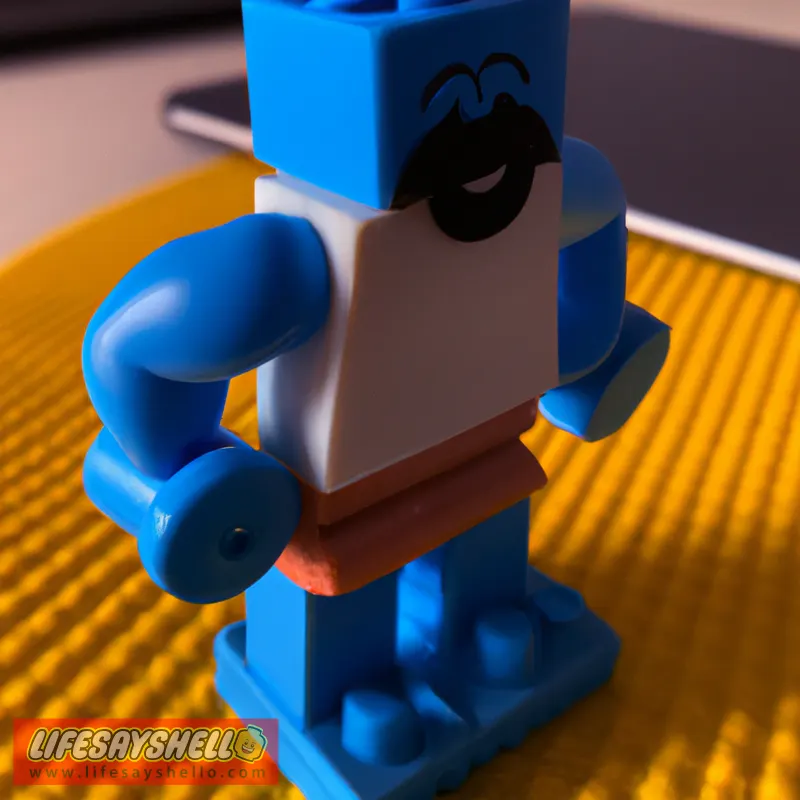Why 67 Minutes for Mandela? The Meaning Behind the Mandela Day Campaign

Nelson Mandela was one of the most influential and inspiring leaders of the 20th century. As the forefront leader in the anti-apartheid movement in South Africa and the country's first black president, Mandela devoted over 60 years of his life to the pursuit of social justice, human rights, and equality for all. To honor his legacy of courageous activism and public service, the United Nations declared July 18, Mandela's birthday, as Nelson Mandela International Day in 2009.
Mandela Day encourages people around the world to spend 67 minutes of their time doing something meaningful to help others and make a positive difference. But where does the specific time of 67 minutes come from and what's the significance behind it?
The 67 Minutes Represent Mandela's 67 Years of Service
The 67 minutes spent on Mandela Day are in tribute to the 67 years Nelson Mandela devoted to fighting for the rights of others. Starting from 1942 when he first became involved in social activism, Mandela dedicated himself to the anti-apartheid cause and the betterment of humanity.
Some key milestones that make up Mandela's 67 years include:
1942 - At the young age of 24, Mandela joined the African National Congress (ANC) and actively began participating in the anti-apartheid movement and resistance against racist government policies in South Africa. This marked the beginning of his life as a freedom fighter.
1944 - Mandela helped formed the ANC Youth League, together with other young activists like Walter Sisulu and Oliver Tambo. Through the Youth League, they challenged the older ANC leadership to adopt a more radical mass-based approach in the fight against apartheid.
1952 - Mandela led the Defiance Campaign, mobilizing volunteers across South Africa to protest and deliberately break unjust apartheid laws. This mass civil disobedience campaign led to Mandela being banned, prohibited from meeting with more than one person at a time.
1962 - Mandela was arrested and sentenced to 5 years in prison for leaving the country illegally and inciting strikes. While serving this sentence, he was convicted again in 1964 at the Rivonia Trial and sentenced to life imprisonment.
1964 to 1982 - Mandela spent 18 of his 27 years in prison on Robben Island, off the coast of Cape Town, doing hard labor in harsh conditions. During this time, he became the face of the anti-apartheid movement within South Africa and across the world.
1990 - After 27 years in prison, Mandela was finally released on February 11 at the age of 71. His release signified the beginning of the end of apartheid.
1994 - In South Africa's first democratic elections, Mandela was elected President and formed a multi-racial, multi-party government of national unity.
1999 - Mandela stepped down as President after one term in office, having guided the transition from minority rule and apartheid to multiracial democracy in South Africa.
The 67 years between 1942 to 2009, when Mandela Day was launched, encompass his lifetime of struggle and service to the people of South Africa and the world. The 67 minutes we are asked to give on Mandela Day seem small in comparison to his sacrifice and enormous contribution over more than six decades.
How to Spend Your 67 Minutes on Mandela Day
The great thing about Mandela Day is that anyone, anywhere can participate by giving 67 minutes of their time to make a positive difference.
Here are some ideas on how you can spend your 67 minutes:
Volunteer - Offer your time and help out at a local charity, food bank or community organization. This doesn't have to be a formal or long-term commitment. Even spending part of the day helping distribute food parcels or serving meals to the needy can make an impact.
Clean up - Get together with friends, family or colleagues and spend 67 minutes picking up litter in a park, beach or other public space. This helps beautify the community and improves spaces for everyone to enjoy.
Donate - Use the 67 minutes to go through your closet or home and put together items in good condition that you no longer use. Donate these clothes, books, toys or household goods to a charity shop or shelter. What you no longer need can be of great use to others.
Fundraise - Take the opportunity to raise funds for a cause close to your heart. This could involve reaching out to your network and asking for donations. Or you could bake sale items or organize a fun run/walkathon. Rally people around a good cause.
Educate - Use your skills to create something lasting and helpful for others. Make an informational video, put together a brochure, or build a website for a local non-profit organization.
Be kind - Simple acts of kindness can make someone's day. Use the 67 minutes to let people around you know that they are appreciated. Leave thank you notes or treats for postal workers, police officers or nurses. Call an elderly relative just to chat. Express gratitude and support.
The most important thing is to just take action and give your time, no matter how small the gesture. When millions of people around the globe all contribute their 67 minutes towards doing good on Mandela Day, it adds up to a powerful force for positive change.
The Global Impact of Mandela Day
Since its inception, Mandela Day has helped inspire a culture of service and community involvement across the world. Last year on July 18, 2022, over five million people across 150 countries participated in Mandela Day activities. From charity concerts in London featuring African artists, to the distribution of solar lamps in rural South Africa, to beach cleanups in Australia - people found meaningful ways to give 67 minutes to their communities.
Some key facts about the global impact of Mandela Day:
In 2022, volunteers in South Africa packaged over 137,000 food parcels and served meals to over 200,000 children as part of Mandela Day efforts.
Since the first Nelson Mandela International Day in 2009, nearly 20 million people have been directly impacted by Mandela Day projects and initiatives.
Countries like India, the Philippines, Nigeria, Turkey and many more actively participate in Mandela Day service activities. The day transcends borders and cultures.
Major corporations have joined the movement, with brands like Coca-Cola pledging thousands of employee volunteer hours to packing food parcels each year on July 18.
Schools worldwide use Mandela Day to teach students about activism, human rights, and being forces for good in the world. Lessons on Mandela's values are integrated into the curriculum.
The hashtag #ActionAgainstPoverty trended globally on social media on Mandela Day 2022, with people sharing how their small actions made an impact.
The United Nations, which established Mandela Day, continues to promote it as an embodiment of the UN's goals for human rights, democracy, and freedom for all.
Politicians, celebrities, artists and influencers help spread awareness of Mandela Day through special performances, events and community initiatives.
Many charities and community organizations plan their big volunteer drives and campaigns around Mandela Day, capitalizing on the global momentum.
Nelson Mandela devoted his life to service of others. Though he is no longer with us, his legacy continues to inspire people everywhere to give their time and effort to make the world a little bit better. The 67 minutes may not seem long, but the collective force of millions of people uniting to do good is helping create lasting change.




Comments